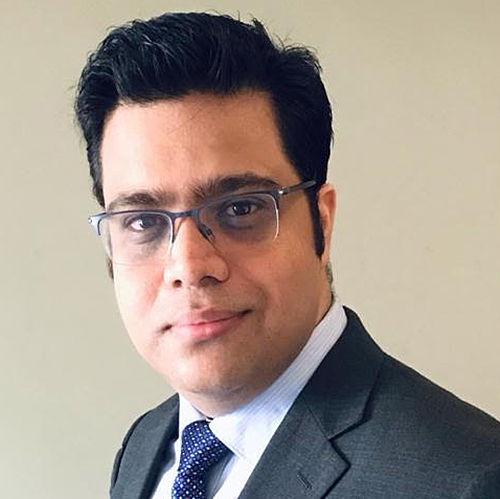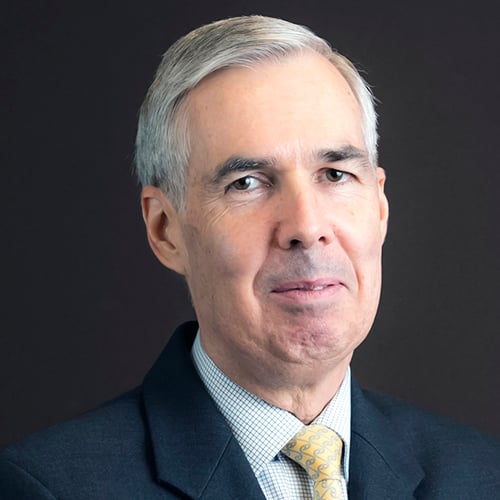An estimated annual investment of US$2 trillion is required to enable developing countries to achieve their energy transition goals. However, only a quarter of this amount is currently being met. This significant financing gap could only be bridged through collaboration between the public and private sectors.
Underscoring the urgency of the issue, the Belt and Road Summit 2023, hosted by Hong Kong this week, dedicated a session to discussing the challenges and potential solutions in filling this financial void.
As a leading green finance hub in Asia, Hong Kong is in a prime position to generate investment for sustainable projects not only in Asia but worldwide. For one, the Hong Kong Securities and Futures Commission has approved about 200 ESG funds, which could contribute significantly to advancing the sustainability agenda.
Emerging markets face financing challenges due to high-risk premiums. Speaking at the forum, Justin Wu, managing director, co-head of climate change, Asia-Pacific, at HSBC, notes: "There's not much technological risk associated with energy transition. However, in an emerging market, factors such as regulatory regulation and policy uncertainty can increase the risk profile and the cost of financing."
The weighted average cost of capital for a solar project, for example, ranges from 2% to 6% in developed countries, but could reach 5% to 15% in emerging economies. Given such a situation, the government could play a crucial role in attracting private sector participation in energy transition financing.
"Blended finance leverages public money to rebalance growth and instill confidence, attracting private capital and enabling projects to tap into the private sector's innovation, risk management, expertise, entrepreneurship, and market development capabilities," says Hong Kong Monetary Authority chief executive Eddie Yue.
Private sector investment
The International Finance Corporation (IFC), a member of the World Bank Group, is committed to promoting private sector investment in developing countries. The IFC works with developers to co-create projects from the early stage, bringing them to international bankability and encouraging private sector co-investment.
"According to one of our reports, there are about US$240 trillion in assets under management by pension funds, sovereign funds, and asset managers. This is about 900 times the amount needed to close the various infrastructure and financing gaps. We are attempting to attract this capital in several ways," says Kim-See Lim, IFC regional director for East Asia and the Pacific.
To make energy transition projects in developing countries more bankable, the IFC facilitates public-private partnerships (PPPs). "For every US$1 of concessional money that we brought into these projects, an additional US$6 of private capital was attracted from countries like Malaysia. These models are what we hope to scale up to help address climate change," Lim shares.
Similar initiatives are being undertaken by the Asian Development Bank (ADB). The multilateral development bank recently signed a US$692.55 million project financing package with Monsoon Wind Power Company Limited for the construction of a 600-megawatt wind power plant in Laos. The project, comprising 133 wind turbines, will be the largest of its kind in Southeast Asia and will supply electricity to neighbouring Vietnam.
"Innovation needs to happen in how we structure and combine large pools of concessional capital to catalyze even greater pools from traditional investors", says Michael Dennis, managing director, head of alternatives strategy and capital markets, Asia-Pacific, at BlackRock.
"Achieving mid-teens type of returns, which many investors are seeking, is going to be critical. It's essential to ensure alignment across all parties, from governments and sovereign wealth funds to insurance companies and corporates," Dennis stresses.









